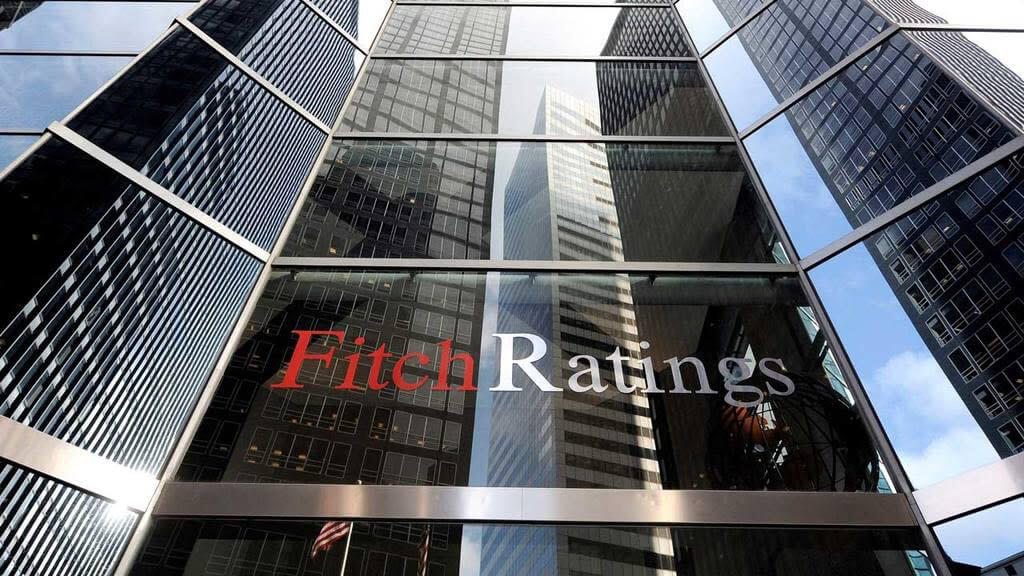Fitch Ratings has affirmed Tanzania’s Long-Term Foreign-Currency Issuer Default Rating (IDR) at ‘B+’ with a Stable Outlook.
Tanzania’s rating reflects its relatively strong macroeconomic performance with high real GDP growth, low inflation, and a moderate level of debt, underpinned by increased reform momentum backed by an IMF programme.
The rating is constrained by weak governance, ongoing public financial management shortfalls (including in revenue collection), and a fairly weak macroeconomic policy framework that has contributed to foreign-currency shortages.
Fitch expects Tanzania’s real GDP growth to rise to 5.0% in 2023 and 5.5% in 2024, from 4.7% in 2022, supported by increased agriculture, mining and tourism activity, as well as infrastructure investment. In the long term, real GDP growth will benefit from the development of offshore gas fields and LNG production. Fitch expects LNG developments to start contributing to GDP from 2029.
Ongoing External Pressures:
External pressures increased in 1H23 driven by a reduced level of FX inflows, higher import bill, debt amortisation and a tightly managed exchange rate, resulting in FX shortages, and a premium above 10% of the official exchange rate.
“The Bank of Tanzania (BoT) has taken significant steps to address this problem, including ramping up sales of FX to boost FX liquidity, while allowing for greater flexibility of the exchange rate than in 1H23. The Tanzanian shilling has depreciated nearly 7% against the US dollar since July 2023, compared with 0.8% in 1H23, and the premium has narrowed since, to 4-6%,”the ratings firm said.

FX reserves reached USD4.9 billion at end-September 2023 (3.1 months of current external payments, CXP), from USD6.4 billion at end-2021 (5.9 months). Official FX interventions, combined with a large current account deficit (CAD; representing 7.3% of GDP in 2022) driven by higher oil prices, and rising debt-servicing costs have contributed to the fall in reserves.
“We forecast FX reserves to rise to 3.4 months of CXP coverage in 2024, slightly above ‘B’ median peers of 3.3 months. This will be supported by an improved trade balance (as the CAD narrows to 4.5% of GDP in 2024 from 5.3% in 2023), FDI inflows and multilateral and bilateral disbursements,” the statement said
Fitch expects Tanzania’s inflation to remain within BoT’s 3%-5% target range in 2023-2024, supported by lower food inflation (boosted by fertiliser subsidies), although the proposed rise in public sector wages in the fiscal year ending in June 2024 (FY24) will exert upward pressure.
Weak Policy Framework:
The relatively weak macroeconomic policy framework, including limited BoT independence, could also add to risks. The overdraft facility at BoT remained within the limits set by the government’s policy framework, but sharply rose to TZS4.2 trillion (2.3% of GDP) at end-June 2023, from TZS2.1 trillion (1.2% of GDP) at end-2022 as budget revenue shortfalls and undersubscriptions of government securities increased reliance on BoT financing.
Supported by the IMF’s Extended Credit Facility (ECF) programme, BoT has started transitioning from a monetary aggregate targeting to an interest-rate-based monetary policy framework and plans to adopt a new framework by January 2024. However, Fitch believes this is optimistic, given the remaining significant steps that have not yet been achieved, including modelling capacity-building and improving foreign-exchange intervention transparency.
Weak Public Financial Management Improving:
Tanzania has a record of revenue underperformance, weak cash management and limited spending controls, which have led to an accumulation of expenditure and VAT refund arrears. Under the ECF, the authorities completed the verification of arrears and started implementing a strategy to clear existing arrears and prevent renewed accumulation.
Outstanding supplier arrears decreased to 1.0% of GDP at end-1Q FY24 from 1.2% at end-2022, while pension arrears declined to 1.3% of GDP. Fitch does not expect accumulation of new arrears as it expects the authorities to remain committed to clearing arrears through fiscal adjustments and issuance of special bonds by FY25.
Fiscal Consolidation Progress, Challenges Remain:
The government views the FY24 budget as on track to hit its 2.8% of GDP target, from 4.3% in FY23, owing to some revenue mobilisation measures and spending controls. While progress is likely, Fitch projects the FY24 deficit to be slightly above target, at 3.1% of GDP. We expect revenue shortfall (revenue was short of target in 1QFY24), and non-priority spending cuts to face offsetting pressure from rising recurrent and social spending commitments, especially increases in debt servicing costs and wages and pensions and social transfers. Fitch assumes about 60% of financing will be domestically sourced.
Concessional Debt, Rising Interest Costs: Central government debt/GDP is moderate (45% of GDP in FY23), and we expect the debt level to rise moderately in FY24 (but remaining well below the 54.8% ‘B’ median), decreasing to 46.4% in FY25. The high share of concessional debt supports debt sustainability. As of end-FY23, nearly two-thirds of public debt was foreign-currency denominated, of which 70% was concessional. We expect the level of concessionality to decline, given Tanzania’s recent graduation to a lower middle-income country. However, concessional loans will continue to dominate the external debt mix profile.
Interest payments are likely to rise, despite the country’s high share of concessional debt. They increased to 13.7% of revenue at end-FY23, from 11% at end-FY22, above the ‘B’ median of 10.9%, due to lower revenue. We expect the ratio to average 14.8% in FY24-FY25, given limited room for raising taxes and continued tight global financial conditions.
Low Contingent Liabilities:
Contingent liability risk is low, although some state-owned enterprises (SOE) remain highly leveraged, increasing fiscal risks. However, Fitch does not expect potential materialisation of contingent liabilities to have a significant impact on fiscal metrics as the level of SOE debt is well-contained, at around 4.5% of GDP. A large part of this includes a government guarantee (2.6% of GDP) provided to the state-owned National Insurance Company’s coverage of the construction of the Julius Nyerere hydropower plant, which is set to expire upon completion of the construction, expected by mid-2024, reducing the insurance policy.
Improved Political Stability:
Political stability has improved due to the ruling party’s ongoing reforms under its Reconciliation, Resilience, Reform and Rebuild agenda adopted in 2022. This led to the lifting of a six-year ban on opposition rallies in January 2023 and the establishment of a task force that has outlined a road-map for constitutional reform, although there have also been arrests of some opposition members in recent months. However, we expect policy continuity ahead of the 2025 general election.







